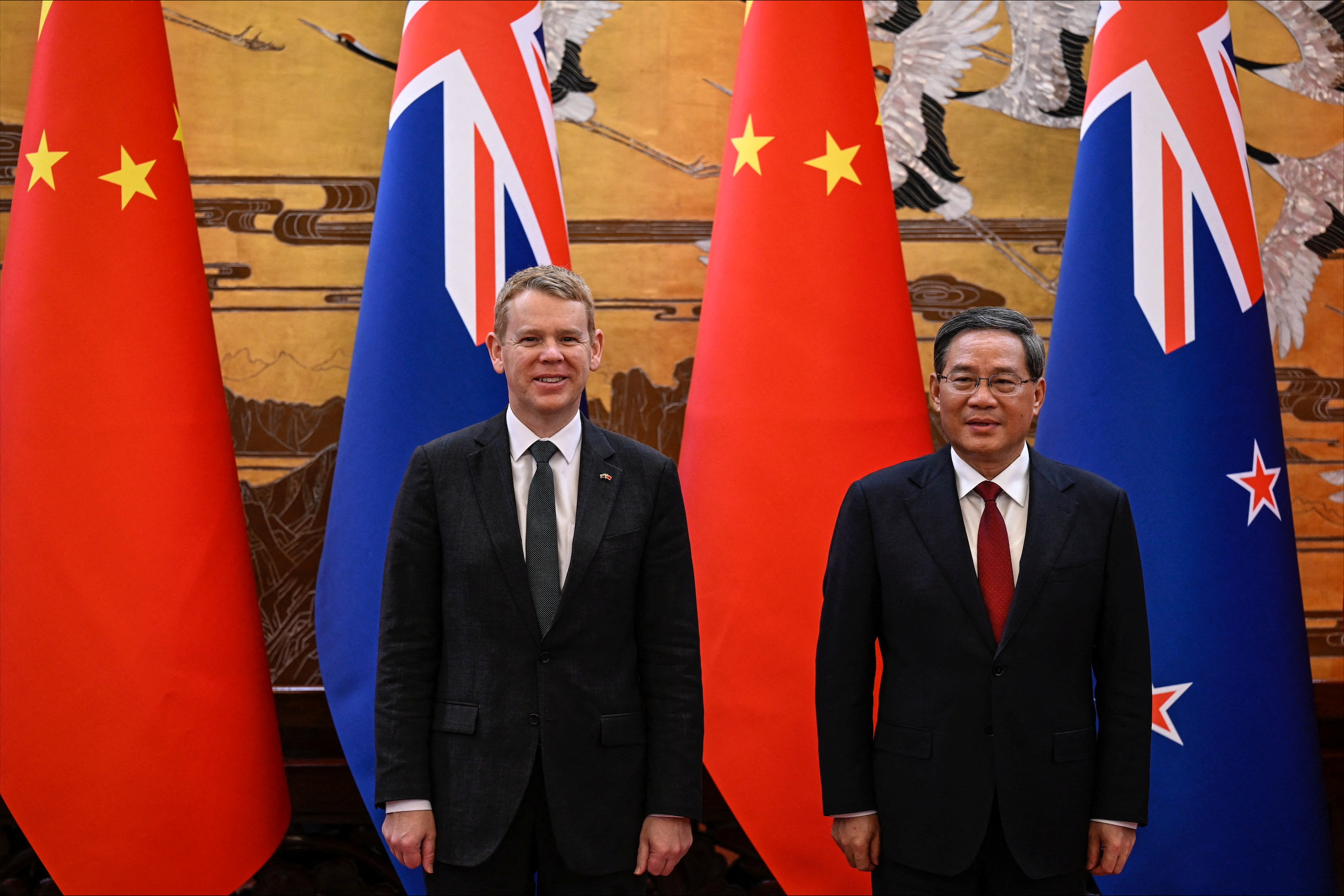New Zealand has accused China of orchestrating a cyberattack that targeted its parliament in 2021. The accusation, made public on Tuesday, follows an investigation by the Government Communications Security Bureau (GCSB), New Zealand's intelligence agency. The GCSB reportedly linked the attack to a group known as APT40, a China-backed hacking collective with a history of targeting government institutions.
New Zealand Foreign Minister Winston Peters labelled the incident "unacceptable foreign interference" and urged China to cease such activities in the future. The revelation comes at a time of strained relations between the two countries. New Zealand has increasingly voiced concerns about China's growing influence in the Pacific region, while China has criticized New Zealand's closer security ties with the United States.
While details surrounding the nature and extent of the breach remain undisclosed, experts believe the attackers may have sought access to sensitive government information or aimed to disrupt parliamentary operations. The successful detection and mitigation of the attack highlight the growing sophistication of New Zealand's cybersecurity defenses. However, the incident underscores the vulnerability of democratic institutions to cyberattacks, particularly those originating from state actors.
The accusation is likely to further complicate the relationship between New Zealand and China. China has vehemently denied the allegations, calling them "groundless." Beijing has a history of rejecting accusations of state-sponsored cyberattacks, despite mounting evidence from Western intelligence agencies.
The incident has sparked renewed calls for increased international cooperation on cybersecurity. Experts argue that a coordinated response is essential to deter future attacks and hold perpetrators accountable. New Zealand is expected to engage with its allies, including the United States and Australia, to discuss potential joint actions against APT40 and other state-sponsored hacking groups.
The fallout from the cyberattack is likely to be felt for some time. New Zealand will need to conduct a thorough review of its cybersecurity protocols to identify and address any vulnerabilities exposed by the attack. Additionally, the incident is likely to fuel ongoing debates about the appropriate balance between maintaining a strong relationship with China and safeguarding national security interests.

